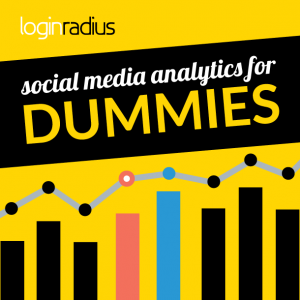AI stocks are outperforming—but artificial intelligence isn’t going to save the economy anytime soon
A new analysis from Vanguard suggests that AI stocks may be at unjustifiably high prices while we’re still headed for an economic soft patch in the near future.
BY Sam Becker
AI is everywhere, but it may not be the near-term panacea for economic growth that many in the business community are hoping it will be.
That’s a key takeaway from Joe Davis, global chief economist at Vanguard, in a recent analysis published on August 22. Specifically, Davis says that he thinks AI will, over the long term, increase productivity and lead to economic growth. What he doesn’t see, however, is how AI has managed to push stock prices—”lofty equity valuations,” as he refers to them—to an unjustifiably high level. Also, he doesn’t think that it will “save us from an economic soft patch this year or next.”
Over the past year or two, large-scale investments in AI tech have helped spur growth in certain sectors. Those investments have also helped propel share prices for some companies. For instance, between the beginning of 2023 and May 2024, AI-related stocks have outperformed U.S. and global market indexes by roughly 30%, according to data from JPMorgan Wealth Management.
Davis writes that last year, AI investments in the U.S. added up to $67 billion, and this year, should tally up to an estimated $76 billion. But to truly spur the economy, “We estimate that it would take $1 trillion in AI-related spending to push economic growth in 2025 above the trend of roughly 2%,” he writes.
“Such a sum may be spent, but it’s not going to happen by the end of next year, by which time we expect the U.S. economy to have slowed,” he continues.
Many people may be expecting AI to supercharge the economy sooner rather than later. Davis is, effectively, trying to pump the brakes on those expectations. “The promise of AI is real,” he writes, but it may take a while for the economic benefits of AI to flower. “Investors looking to connect the dots between the current level of share prices, probable levels of economic activity, and the widespread enthusiasm for AI would be well-advised to temper any expectations that economic growth and corporate profits are set for near-term acceleration,” he writes.
That’s not to say that investors looking to capitalize on AI fervor haven’t, or won’t, continue to do so. AI-connected stocks have had an incredible year in 2024 so far—Nvidia, for example, is up more than 160% year to date (as of August 26). Arm Holdings is up more than 85%. There are other examples as well that are outperforming the market at large comparatively, as the S&P 500 is up only around 19%.
Vanguard’s team isn’t the only group of analysts sending investors a warning about a potential backslide, though. Analysts from Sequoia Capital and Bank of America are also probing how quickly AI tools will generate big returns for investors and translate into large-scale economic growth.

Those warnings may be warranted. Despite the avalanche of headlines about AI over the past year and a half, relatively few companies are using AI tools. A report from the Census Bureau published in March found that the AI adoption rate is only 5.4%, and expected to be 6.6% by fall.
So again, AI may usher in a prosperous new era for investors and businesses (for those that can afford it), but that may come later than anticipated, rather than sooner.
ABOUT THE AUTHOR
(2)
Report Post








